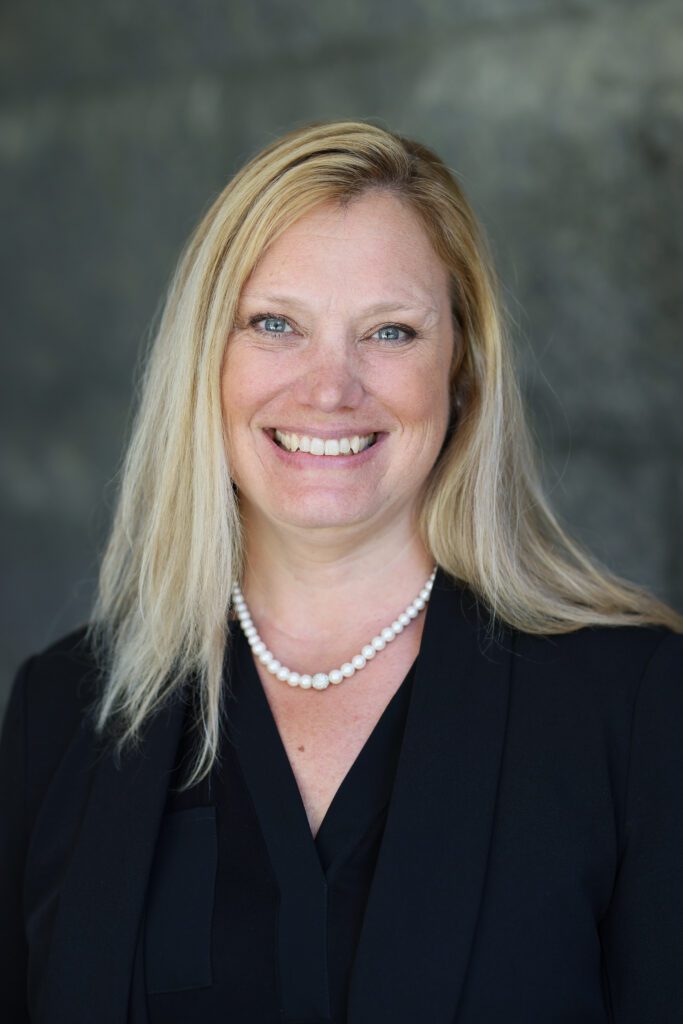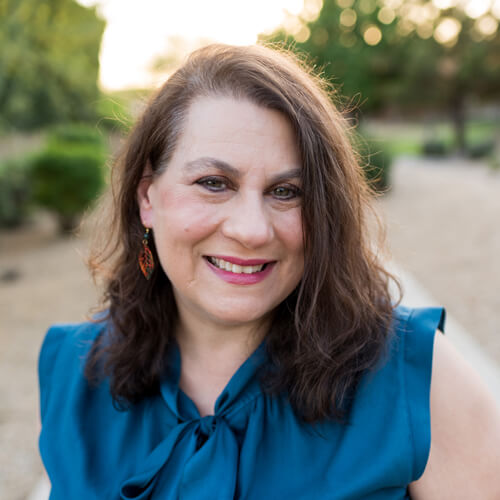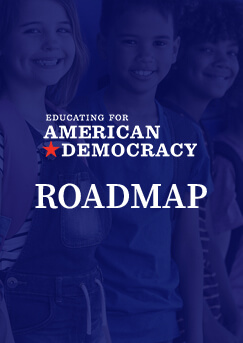Mary Ellen Seavey Auriemma is the executive director of Educating for American Democracy (EAD), a national initiative working to ensure every student in the U.S. has access to high-quality civic education. Auriemma has spent her entire career in education, bringing over 20 years of experience leading strategy, coalition-building, and program growth to her stewardship of EAD.
Previously, Auriemma served as an executive director of state and district partnerships at the College Board, where she led a multi-million-dollar portfolio and influenced strategic planning with district and state partners to advance academic opportunities for millions of students throughout the country. She began her career as a high school social studies teacher in rural Missouri, where she launched her district’s first AP® U.S. Government and Politics and AP® U.S. History courses and helped expand civic learning opportunities for students.
She holds a B.A. in Political Science from Villanova University, an M.Ed. in Curriculum and Instruction from the University of Missouri–St. Louis, and an M.S. in Educational Leadership from the University of St. Francis.











